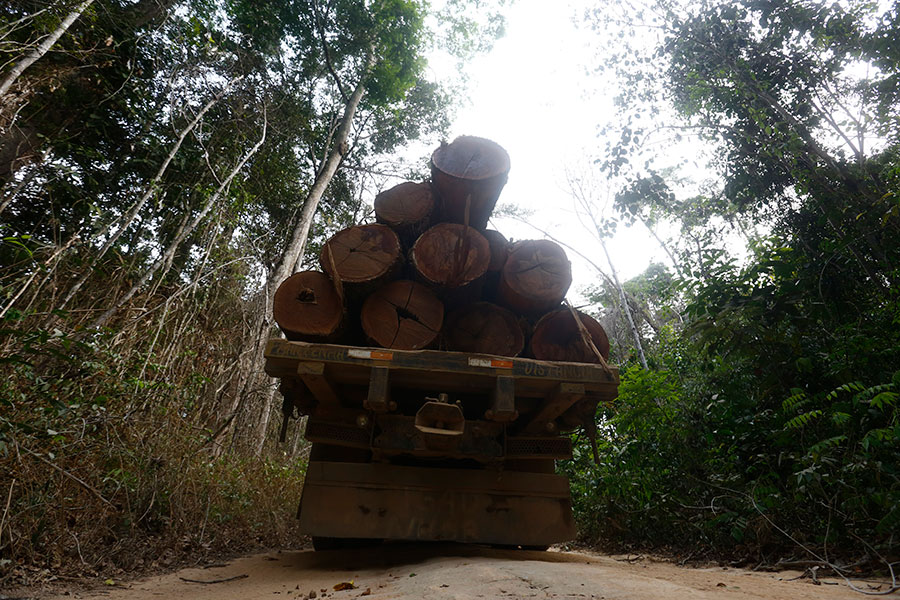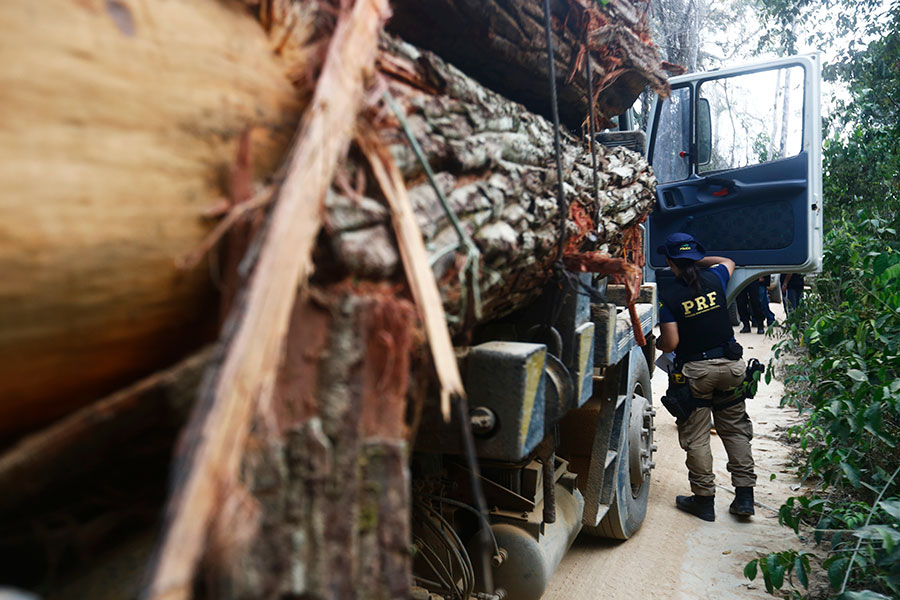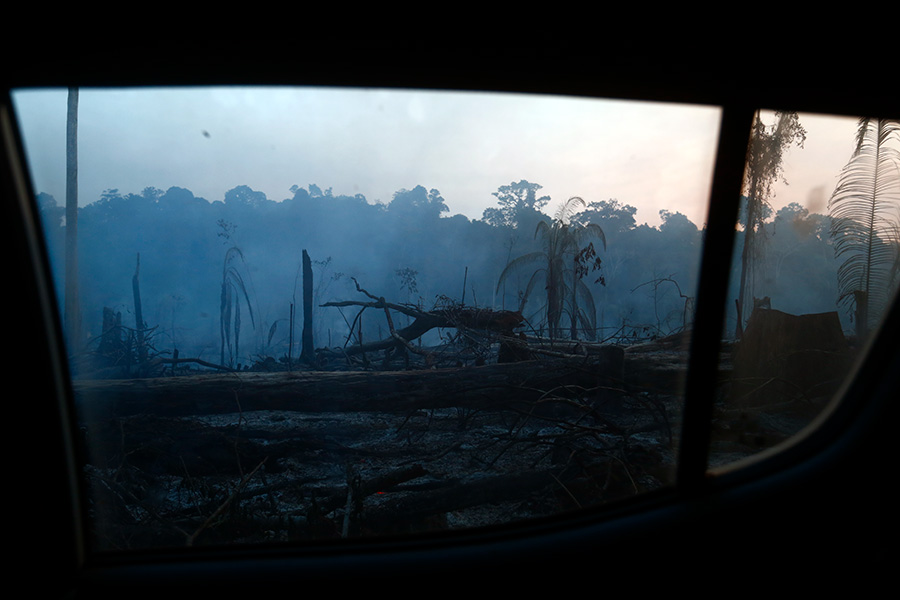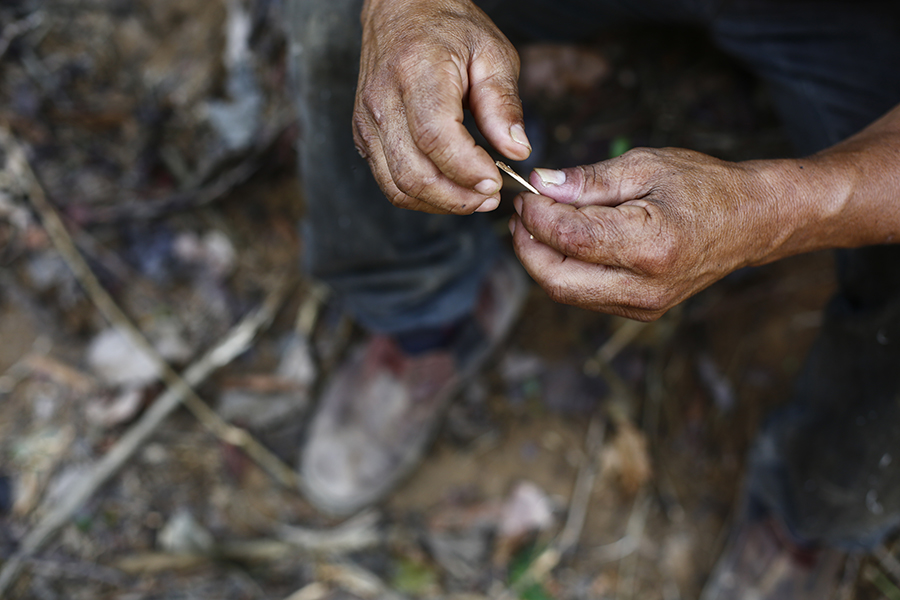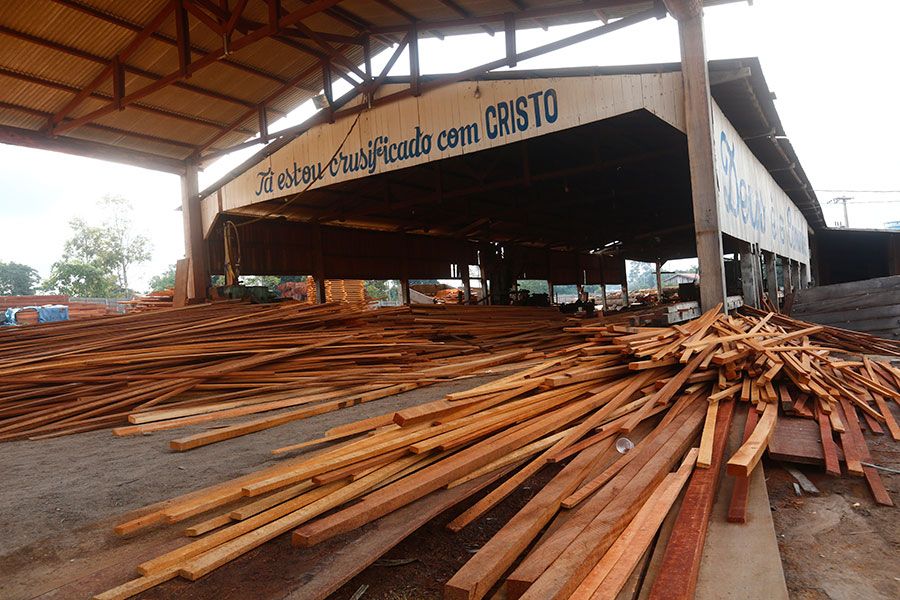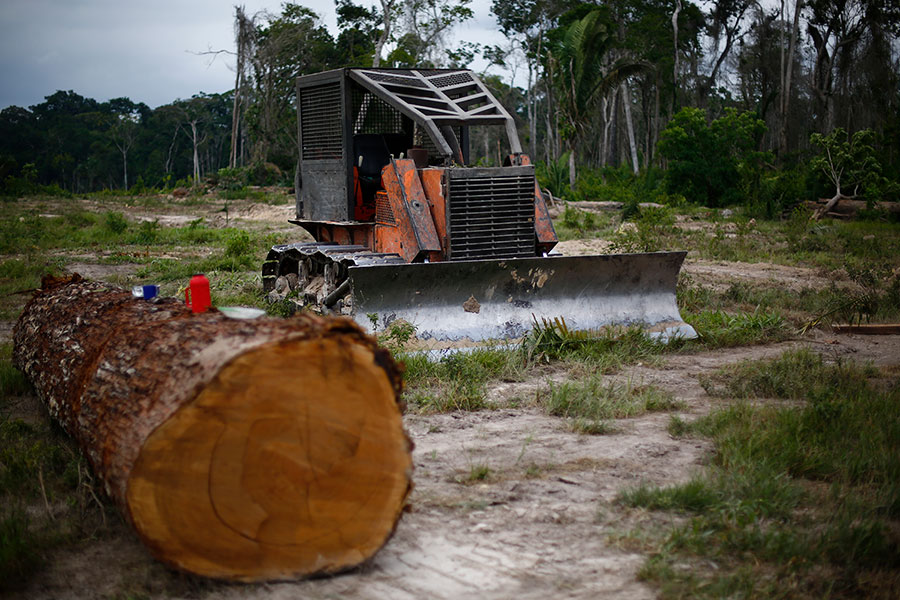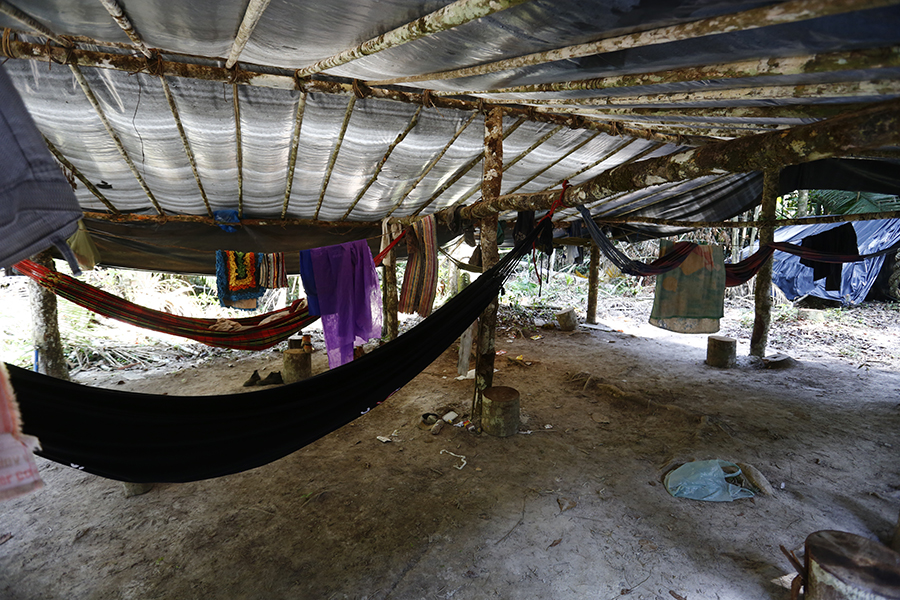Ao clicar em "Aceitar todos os cookies", você concorda com o tratamento de dados, inclusive pessoais via cookies. Eles são utilizados para analisar o uso deste site para melhorar sua experiência como usuário. Além disso, utilizamos os cookies para direcionar o nosso conteúdo a quem tenha interesse em recebê-lo através de redes sociais e buscadores de conteúdo. Para saber mais acesse a nossa
Política de Privacidade.
Os cookies funcionais ajudam a realizar certas funcionalidades, como compartilhar o conteúdo do site em plataformas de mídia social, coletar feedbacks e outros recursos de terceiros.
The technical storage or access is necessary for the legitimate purpose of storing preferences that are not requested by the subscriber or user.
Cookies estatísticos são usados para entender como os visitantes interagem com o site. Esses cookies ajudam a fornecer informações sobre as métricas do número de visitantes, taxa de rejeição, origem do tráfego, etc.
The technical storage or access that is used exclusively for anonymous statistical purposes. Without a subpoena, voluntary compliance on the part of your Internet Service Provider, or additional records from a third party, information stored or retrieved for this purpose alone cannot usually be used to identify you.
Os cookies de marketing são usados para fornecer aos visitantes anúncios e campanhas de marketing relevantes. Esses cookies rastreiam visitantes em sites e coletam informações para fornecer anúncios personalizados.




